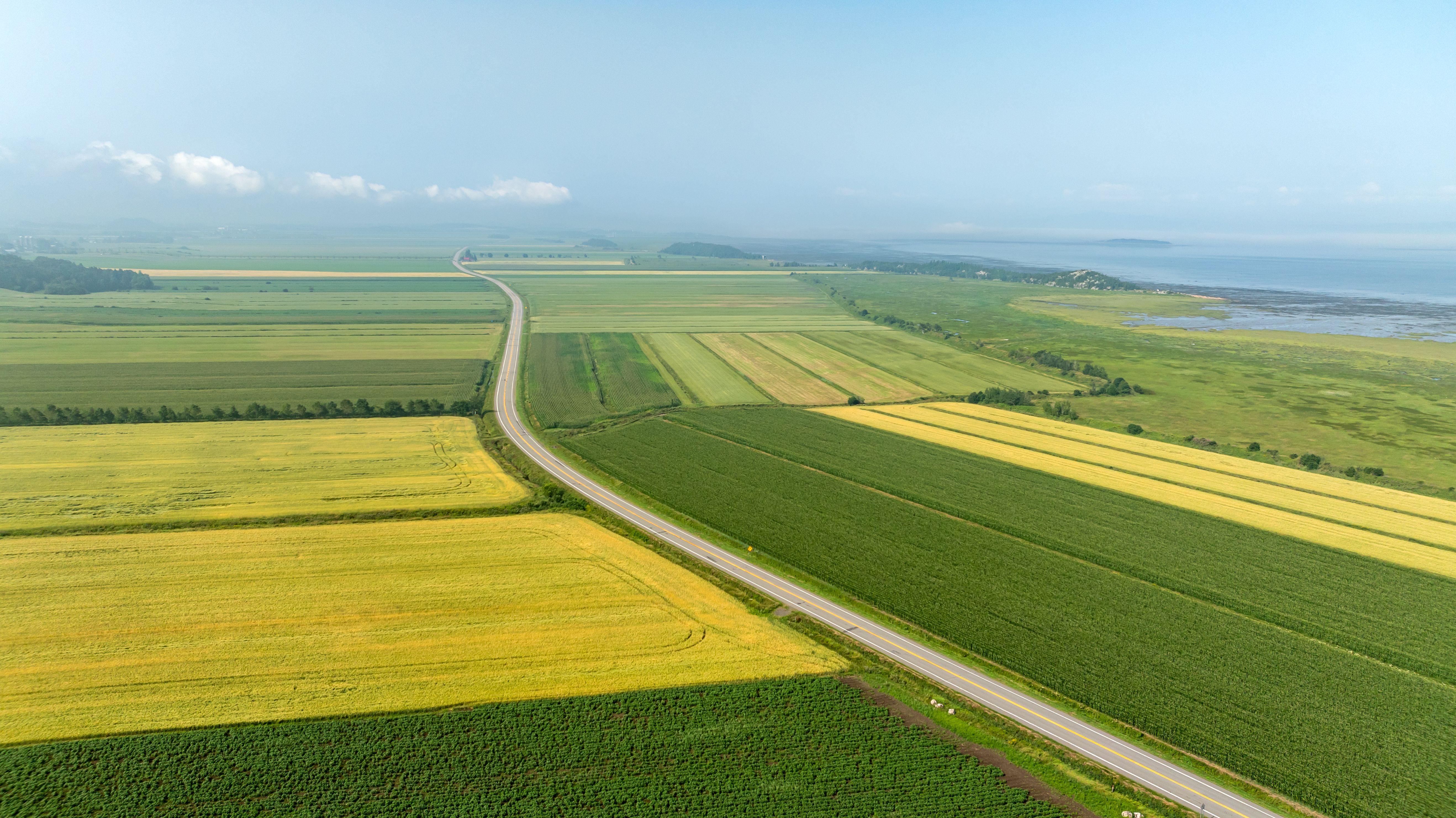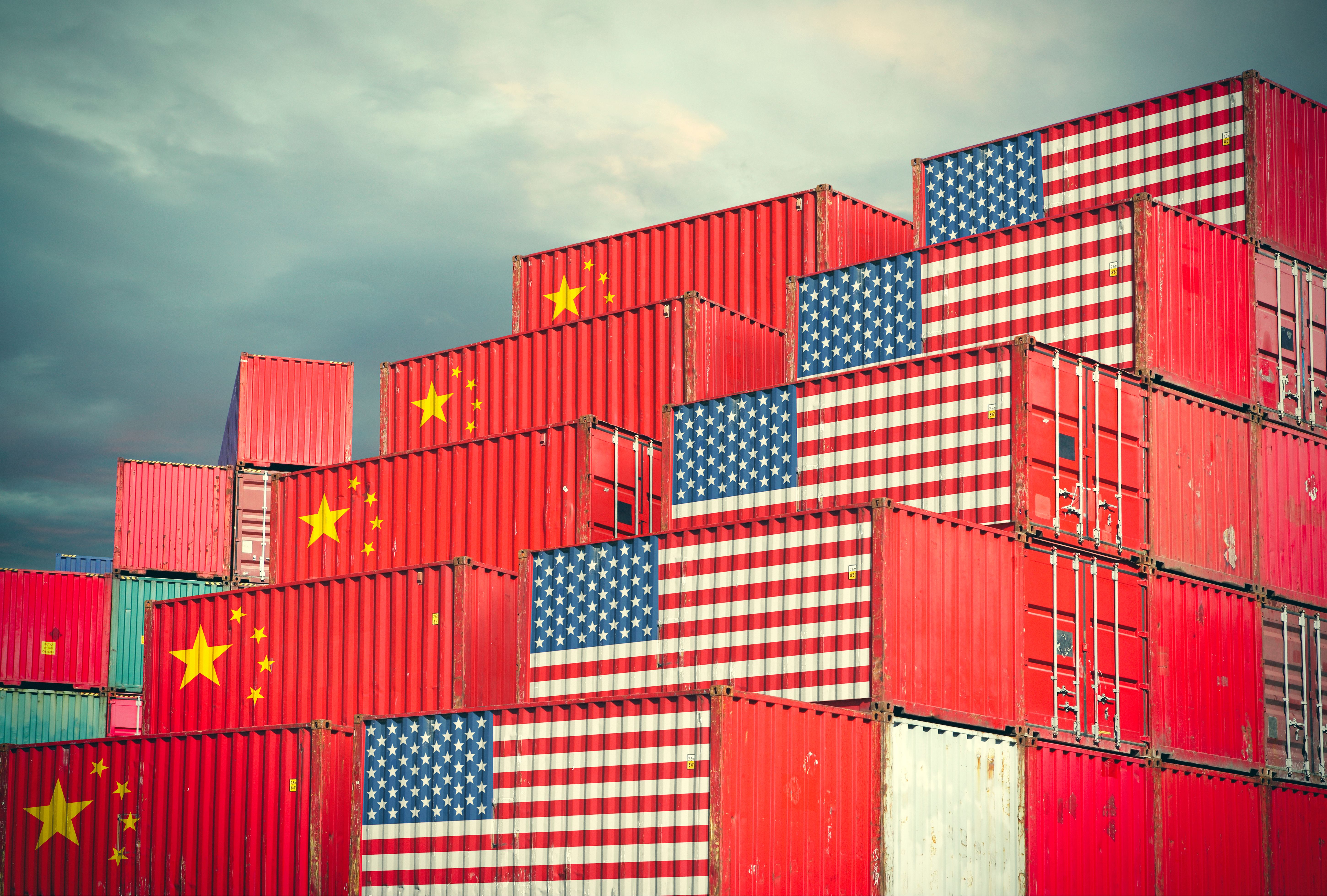Geopolitical Shifts and Their Impact on Global Commodity Trade
Introduction to Geopolitical Shifts
In today's interconnected world, geopolitical shifts have a profound impact on global commodity trade. As nations modify their alliances and strategies, these changes ripple through international markets, influencing everything from oil prices to agricultural exports. Understanding these dynamics is crucial for businesses, policymakers, and investors seeking to navigate the complexities of global trade.

The Role of Sanctions and Trade Policies
Sanctions and trade policies are powerful tools used by countries to exert political influence. When a nation imposes tariffs or sanctions on another, it can significantly disrupt the flow of commodities. For example, recent sanctions on Russia have affected the global supply of energy commodities, leading to fluctuations in oil and gas prices. These actions not only impact the targeted nation but also have cascading effects on the global market.
Trade policies can either open new avenues for commodity exchange or create barriers. Free trade agreements often lead to increased commodity flow between participating nations, while protectionist measures can limit access and increase costs. Thus, businesses involved in global trade must stay informed about evolving policies to adjust their strategies accordingly.
Impact on Energy Commodities
The energy sector is particularly sensitive to geopolitical changes. Oil, natural gas, and coal are vital resources for economic development, and their supply is often concentrated in geopolitically volatile regions. Any instability in these areas can lead to supply disruptions and price volatility.

The Middle East, for instance, remains a critical hub for oil production. Political tensions or conflicts in this region can lead to significant shifts in global energy markets. Similarly, the growing importance of renewable energy sources is reshaping traditional power dynamics, as countries vie for leadership in green technology production and resource allocation.
Agricultural Commodities and Geopolitical Unrest
Agricultural commodities are not immune to geopolitical influences. Changes in climate policy, land use regulations, and international trade agreements can all affect the production and distribution of food products. Additionally, conflicts or political instability in key agricultural regions can disrupt supply chains, leading to scarcity and price hikes.
For instance, the ongoing tensions between major grain-producing countries can impact global food security. When these nations alter export policies or face internal challenges, it can lead to significant shifts in global grain markets, affecting countries dependent on imports to feed their populations.

Strategies for Businesses Amidst Geopolitical Changes
Businesses operating in the global commodity market must adopt strategies to mitigate risks associated with geopolitical shifts. Diversifying supply sources is a common approach to reduce dependency on unstable regions. By establishing a broad network of suppliers, companies can better withstand disruptions.
Engaging in scenario planning and risk assessment can also prepare businesses for unexpected geopolitical developments. By anticipating potential changes and crafting flexible response strategies, companies can maintain resilience in volatile markets.
The Future of Global Commodity Trade
As we look to the future, it's clear that geopolitical shifts will continue to shape global commodity trade. The rise of emerging economies, advancements in technology, and changing environmental policies will all contribute to the evolving landscape. Businesses and policymakers must remain vigilant, adapting their strategies to capitalize on new opportunities while mitigating risks.
Ultimately, understanding the interplay between geopolitics and commodities is essential for success in the global marketplace. By staying informed and agile, stakeholders can navigate this complex environment and drive growth despite uncertainties.

Conclusion
In conclusion, geopolitical shifts have far-reaching implications for global commodity trade. From energy resources to agricultural products, every sector is influenced by the changing political landscape. By recognizing these impacts and implementing strategic approaches, businesses and governments can better manage risks and seize opportunities in this dynamic environment.
